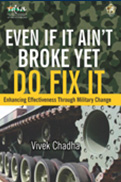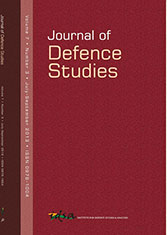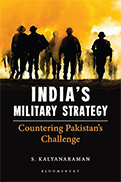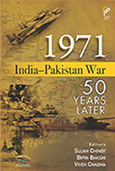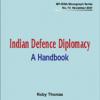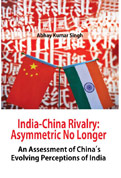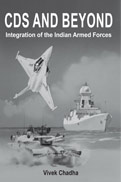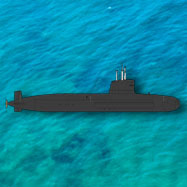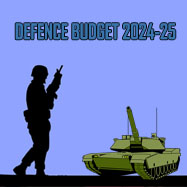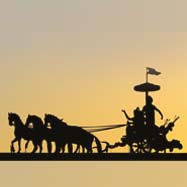About Centre
The Centre for Military Affairs comprises of a mix of serving officers of the Indian Armed Forces and civilian experts. The Centre adopts an inter-disciplinary approach to various issues that impinge upon India's national security in general and the armed forces in particular. Its research focus is on issues that impact upon national security and capacity-building of the Indian armed forces. Specific areas of focus include: emerging contemporary challenges in warfare, jointness, defence co-operation, maritime security, and military training needs. In addition, the Centre also addresses China- and Pakistan-related issues with a bearing on their interface with Indian security. The Centre closely interacts with military establishments in India and abroad and contributes to policy making by conducting research in areas of significance for the armed forces.
Members
-
Senior Fellow
-
Research Analyst
Events
Monday Morning Meeting on Maritime Dimensions of the Ukraine War
Monday Morning Meeting on The Road to War Termination: Navigating Strategies and Conflict Resolution Efforts in the Russia-Ukraine War
Members
-
Senior Fellow
-
Research Analyst


